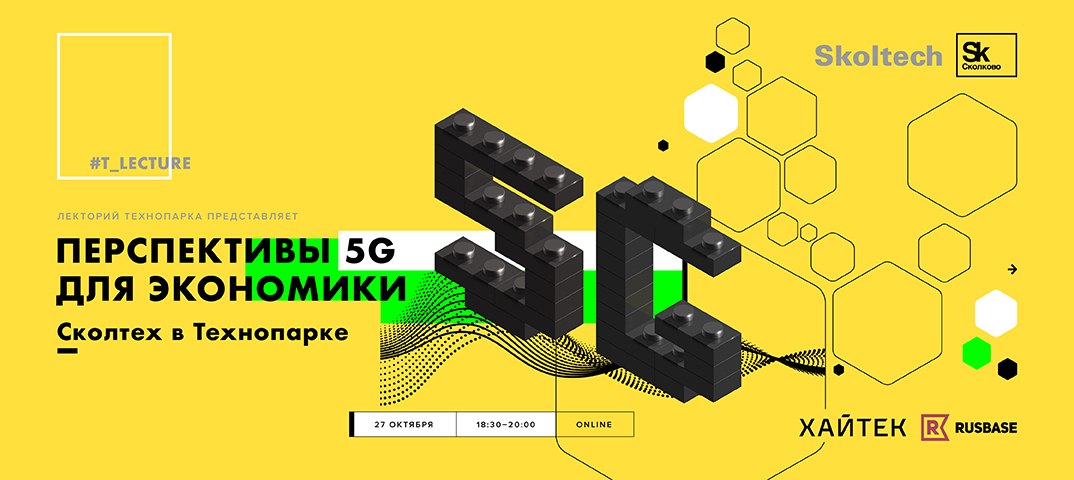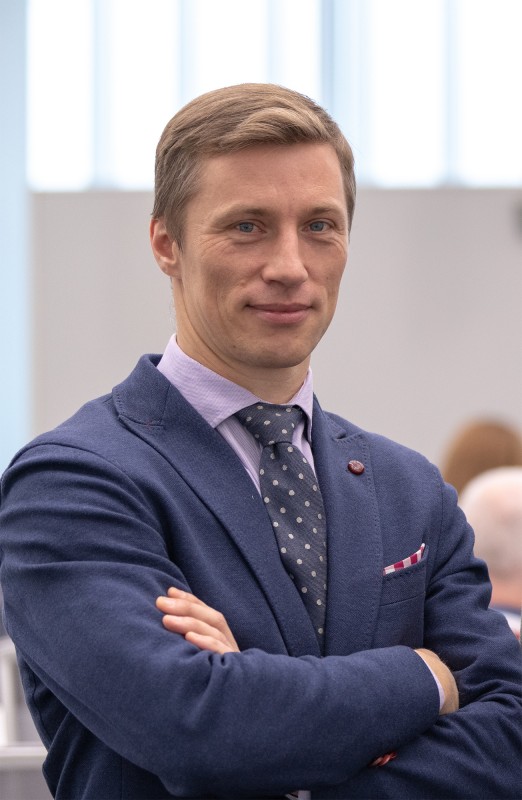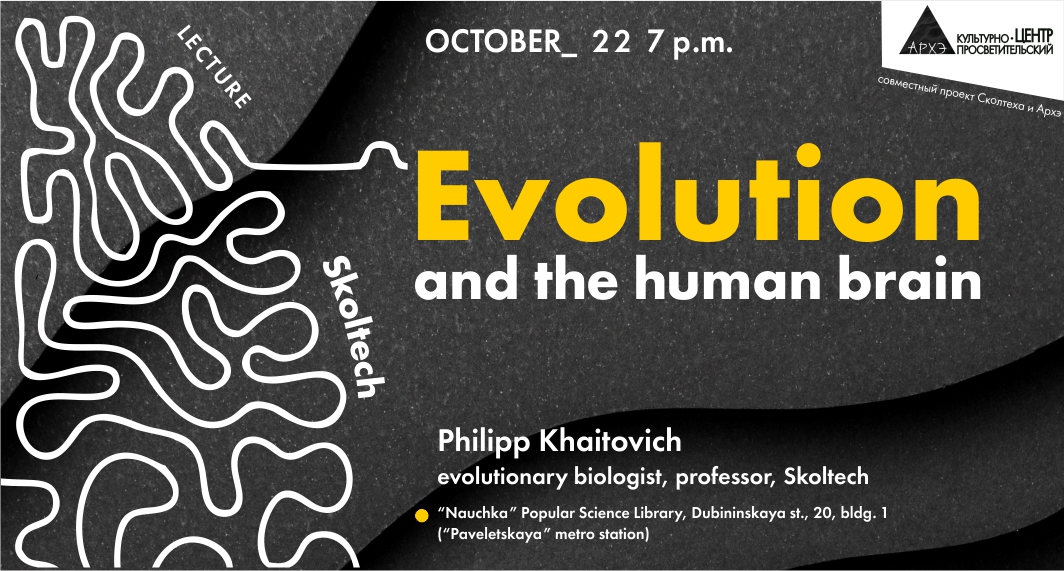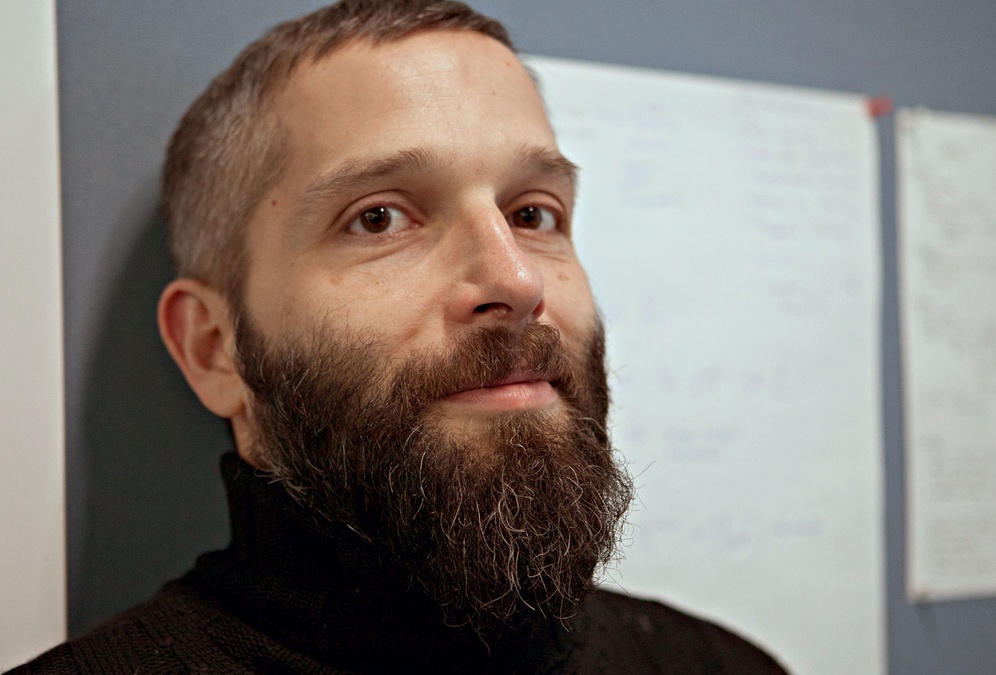-
Category Archives: Seminars
PhD Thesis Defense. Mikhail Pugach
-
PhD Thesis Defense. Dmitry Shadrin
-
2nd International School on Hybrid, Organic and Perovskite Photovoltaics (HOPE-PV 2020)
Dear colleagues,
We cordially invite you to attend The 2nd International School on Hybrid, Organic and Perovskite Photovoltaics (HOPE-PV 2020), which will run online from 3rd to 5th November. The additional session will take place on 6th November at the Institute for Problems of Chemical Physics of Russian Academy of Sciences in Chernogolovka.
Last year, the 1st School HOPE-PV 2019 was organized in Moscow and brought together almost 100 prominent lecturers and young scientists from >10 countries. The opening plenary lecture was given by Prof. Tsutomu Miyasaka, who reported the first ever perovskite solar cells. This year, in the view of the covid19 pandemic situation, the HOPE-PV 2020 is organized in a hybrid mode.
The HOPE-PV 2020 will cover the most recent trends in the development of emerging photovoltaic technologies utilizing different types of organic and hybrid materials. The scientific program will include plenary, tutorial and invited lectures given by renowned speakers on the following major topics:
- Perovskite solar cells;
- Organic solar cells;
- Hybrid (e.g. quantum dot) solar cells;
- Dye sensitized solar cells;
Participants of HOPE-PV 2020 are encouraged to present short oral contributions or posters. The official language of HOPE-PV 2020 is English.
Confirmed speakers for online sessions:
Plenary lecture
Prof. Michael Graetzel (EPFL, Switzerland)
Tutorial lectures
Prof. Artem Bakulin (Imperial College London, UK)
Prof. Christoph Brabec (Friedrich-Alexander-Universität Erlangen-Nürnberg, Germany)
Prof. Francesca Brunetti (University of Rome “Tor Vergata”, Italy)
Prof. Emmanuel Kymakis (Hellenic Mediterranean University Research Center, Greece)
Prof. Monica Lira-Cantu (Catalan Institute of Nanoscience and Nanotechnology, Spain)
Dr. Luigi Martiradonna (editor of Nature Materials, UK)
Dr. Jovana Milic (University of Fribourg and EPFL, Switzerland)
Prof. Sergey Ponomarenko (Enikolopov Institute of Synthetic Polymeric Materials, Russia)
Invited talks
Dr. Sergey Adonin (Nikolaev Institute of Inorganic Chemistry of Russian Academy of Sciences, Russia)
Prof. Qinye Bao (East China Normal University, Shanghai, China)
Prof. Vida Engmann (University of Southern Denmark, Denmark)
Dr. Shijing Sun (Massachusetts Institute of Technology, USA)
Prof. Alexey Tarasov (Moscow State University, Russia)
Important dates
Oral abstract submission deadline: October 20, 2020
ePoster submission deadline: October 29, 2020
School days: November 3-6, 2020
Abstracts submission
Single-page abstracts should be prepared following the enclosed template and submitted at the conference web page https://www.nanoge.org/HOPE-PV/home before October 20 (short oral talks) or October 26 (posters), 2020.
Registration
Participants should register at the nanoGe web site https://www.nanoge.org/HOPE-PV/home and pay registration fee of 40 Euro online using a bank card. Participation in the additional on-site session on 6 November 2020 is free of charge.
Further information is available at the HOPE-PV web page https://www.nanoge.org/HOPE-PV/home.
We are looking forward seeing you among the attendees of HOPE-PV 2020!
Sincerely yours,
Сhairs of HOPE-PV 2020
|
Prof. Sergey M. Aldoshin IPCP RAS, Russia |
Dr. Jovana Milic University of Fribourg, Switzerland |
Prof. Keith J. Stevenson Skoltech, Russia |
Prof. Pavel A. Troshin Skoltech and IPCP RAS, Russia |
First virtual Bilateral Conference on Functional Materials (BiC-FM)
-
Skoltech at Technopark: lecture by Petr Prokofiev “Economic implications of 5G”
Skoltech at Technopark is a series of science education lectures hosted by the Skolkovo Technopark Lecture Center. Created jointly with the Skolkovo Institute of Science and Technology, the lectures will focus on the world-changing science, technology, innovation, and business topics presented by Skoltech faculty and researchers at the country’s best Technopark.
Quite unexpectedly, 5G has given rise to conspiracy theories, causing people around the world to burn down 5G towers and suspect major corporations of dubious schemes. Yet, nothing seems to prevent 5G from gaining the upper hand over older technologies. Telecom hardware vendors and operators keep looking for ways to make wireless data transfer even faster.
How come 5G has spawned so many myths? Why does 5G evoke discussions about the advancement of business and economy and not faster Internet access? Will 5G create new growth points for the Russian economy?
To get answers to these and other questions, join us at the lecture by Petr Prokofiev.
Petr Prokofiev, deputy director of Skoltech’s NTI Center of Excellence in Wireless Technologies (WT) and the Internet of Things (IoT), has 15 years’ experience in bringing innovative solutions to the telecom industry and managing investment projects. He led the campaign to actualize frontier solutions at MegaFon and its MegaLabs subsidiary, directed Rostelecom’s venture project department and implemented predictive analytics solutions for major local and global industry players.
Skoltech Lecture Hub at ARHE presents a lecture by Philipp Khaitovich: Evolution and the human brain
The brain is our main organ, because it is intelligence that makes us all human. Although our brain has grown immensely in size over the past 6-7 million years, the last change took place only 50,000 years ago when our ancestors started creating world-changing inventions. The human brain changed at the molecular level and not only in size. But what exactly has changed?
Is our brain so different from that of the chimpanzee? Is it the only organ to have changed so much? Is it all the fault of metabolism or even some specific substance? Will we be able to comprehend the evolution of human intelligence if we figure out how our brain evolved?
Philipp Khaitovich is an evolutionary biologist and a Professor at the Skoltech Center for Neurobiology and Brain Restoration (CNBR) since 2014. After completing his undergraduate studies at Lomonosov Moscow State University, he earned a PhD degree in biochemistry from the University of Illinois at Chicago. Philipp did his postdoctoral research at the Max Planck Institute for Evolutionary Anthropology (Germany) and worked at the Shanghai Institute for Computational Biology (China).
Arhe links:
VKontakte: https://vk.com/event199257257
Fcaebook: https://www.facebook.com/events/944709646021744
Website: http://arhe.msk.ru/?tribe_events=лекция-эволюция-и-мозг
PhD Thesis Defense. Julia Bondareva
-




